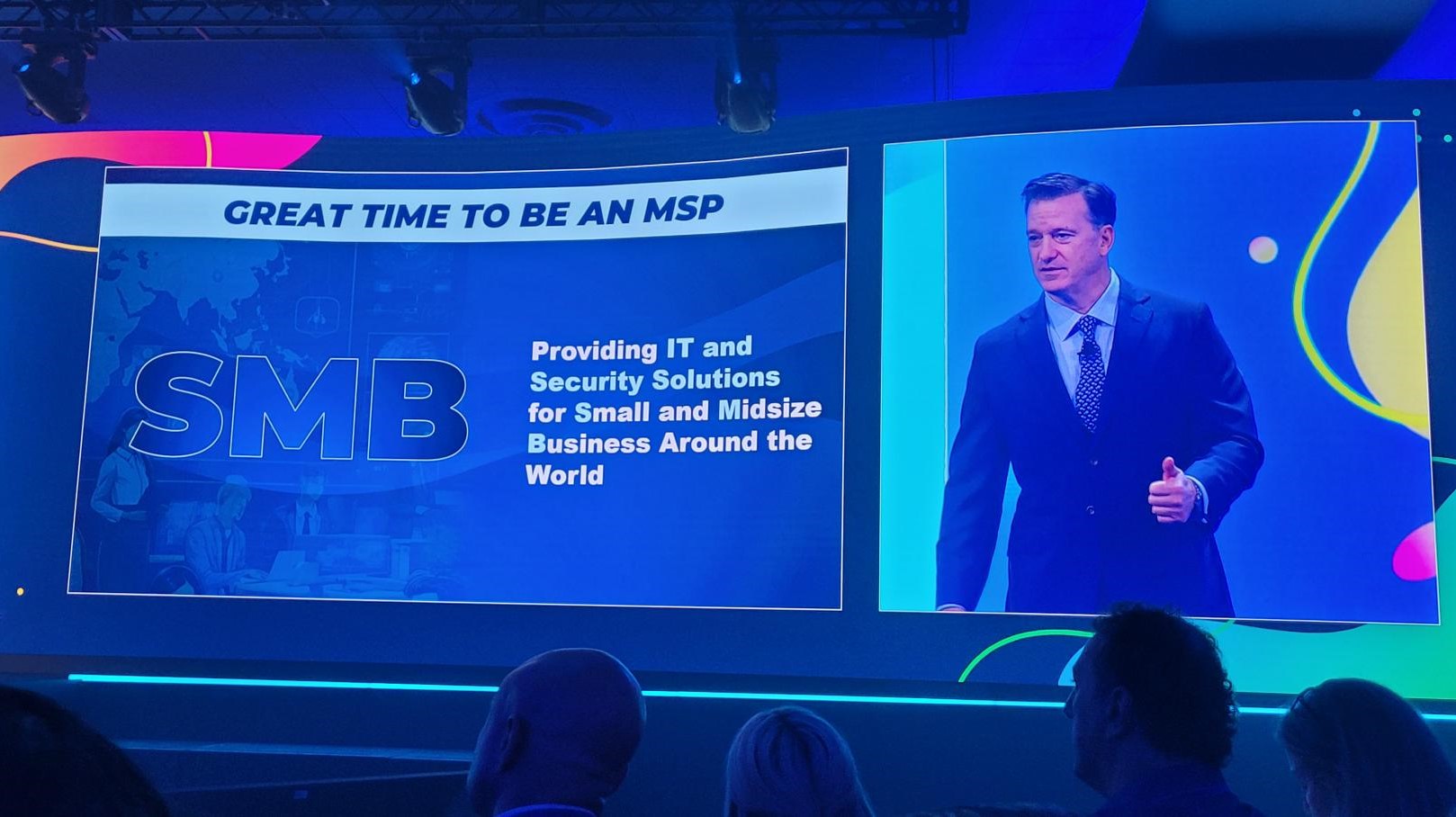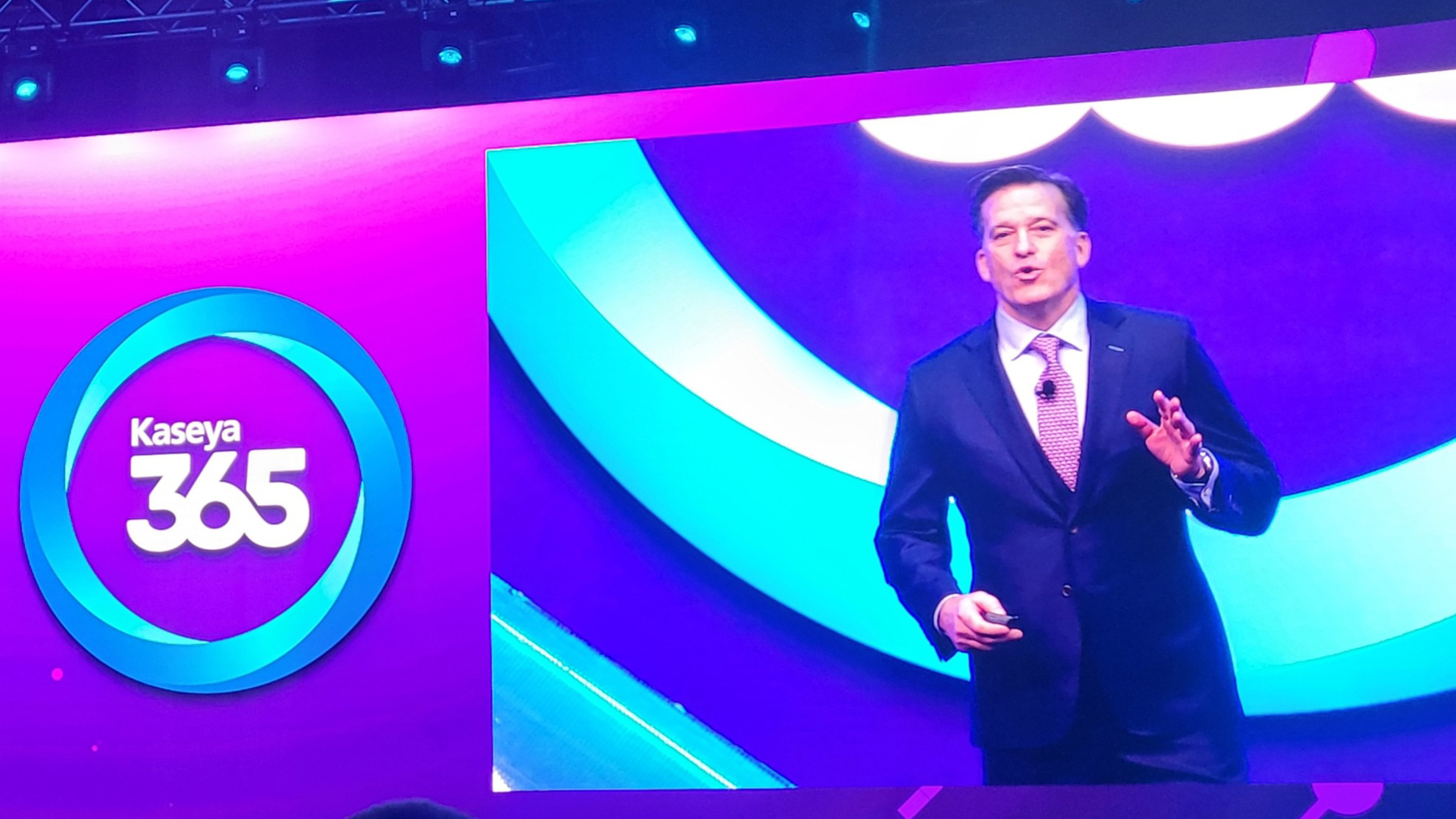Smartphones and Netbooks and Smartbooks, Oh My!
Analysts weigh in on the smartbook’s near-term chances for business success, and offer a look at technologies that are still hot with the mobile crowd.
By Herman Mehling
Just when you thought you had netbooks and smartphones figured out-to say nothing of notebooks-along comes something called a smartbook, a cross between a netbook, an e-reader, and an iPod Touch. Is this new mobile device worth your attention as a business product? Or should you write it off as another consumer toy?
For the foreseeable future, says Jeff Orr, senior analyst at ABI Research, the smartbook will be mostly a consumer product for browsing the Web, watching videos, and listening to music. “A few years out, however, things may change if manufacturers and developers figure out the smartbook provides a more convenient, effective way to accomplish a task than a phone, netbook, or notebook,” he says.
And that jibes with Rob Enderle’s observation: “The smartbook, or something like it, could be everybody’s favorite device in a few years,” says the principal analyst at Enderle Group. Noting that both consumers and businesspeople are using smartphones (rather than notebooks) for communications, Enderle predicts that the new class of device is going to be a blend of the slate, smartbook, smartphone, and e-book products showcased at CES this past January. He also believes the new devices will be better for reading, more power-efficient, always connected, sold like smartphones are today, and their performance will be tied to cloud-based technology.
For now, though, VARs should expect more of the status quo-as in more smartphones and notebooks. “While laptops are focused on productivity, and mobile phones are still primarily about communication, the main focus of media tablets is entertainment,” says Orr. A new ABI Research study on media tablets forecasts 4 million devices will be shipped worldwide this year. Yet as the smartbook market changes and slowly establishes itself, the mobile cloud and mobile phone markets continue to grow.
ABI Research forecasts that the number of mobile cloud computing subscribers worldwide will rise from 42.8 million in 2008 (approximately 1.1 percent of all mobile subscribers) to more than 998 million in 2014 (nearly 19 percent). Mobile cloud applications†move computing power and data storage away from mobile phones and into the cloud,†bringing apps and mobile computing not just to smartphone users, but a wide spectrum of mobile subscribers.
“By 2014, mobile cloud computing will become the leading mobile application development and deployment strategy, displacing today’s native and downloadable mobile applications,” says Mark Beccue, senior analyst at ABI Research.
The worldwide mobile phone market grew 11.3 percent in the fourth quarter of 2009 (4Q09), ending five consecutive quarters of retrenchment, according to IDC’s worldwide mobile phone tracker service. Vendors shipped 325.3 million units in 4Q09 compared with 292.4 million units in the fourth quarter of 2008. However, annual shipments of 1.13 billion units in 2009 were down 5.2 percent compared with the previous year’s 1.19 billion units.
What does it all mean? In short, pass on smartbooks until the bugs are gone and clear business applications emerge. Stick to recommending smartphones and notebooks to your clients, but keep an eye on the smartbook space, as you never can tell what may develop.














